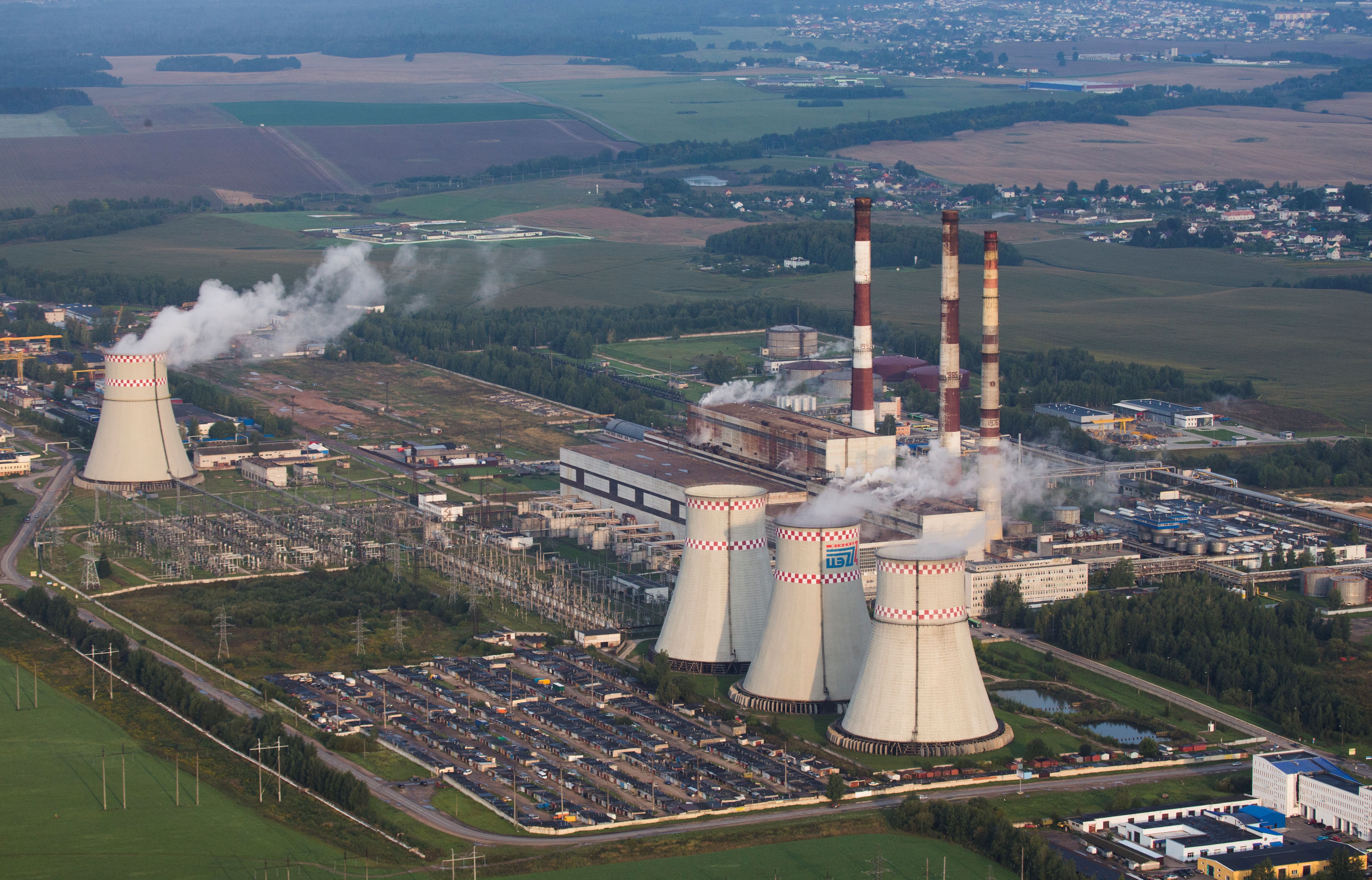Russia-Belarus Agreements on 2021 Hydrocarbon Prices

What is in the gas contract?
Belarus is completely dependent on Russian gas, which accounts for 62% of the former’s energy mix. Annually, Belarus imports about 20 billion cubic meters (bcm) of gas, and this is the maximum it plans to purchase in 2021. The reduction of the share of gas (by about 4-5 bcm annually) in the production of electricity will only take place after the Belarusian nuclear power plant is fully operational. Gas is also needed by Belarus for the production of artificial fertilisers, which are an important component of its export market.
The contract negotiations were extended from mid-2020 because of a dispute over Belarusian debt from earlier deliveries. Gazprom estimated that Belarus’ liabilities amounted to $165 million, but Belarus questioned their existence (resulting from a different interpretation of the pricing formula according to which Belarus made settlements with Russia). In October, Belarus announced that it had fully settled with Gazprom.
What are the oil supply arrangements?
In 2021, Belarus will receive 18 million tonnes of crude oil, similar to previous years. It will pay for it at about 90% of the world price (estimated at $40-50 per barrel), which results from the so-called Russian tax manoeuvre—the conversion of Russian export duties on crude oil (which Belarus did not pay) for a mineral tax (which it must pay).
Oil accounts for 28% of the Belarusian energy mix. Belarus extracts about 1.7 million tonnes annually from its own deposits, and the remaining oil is imported almost entirely from Russia. In the first half of 2020, the Belarusian government announced that it would strive to reduce the Russian share to 30-40% of imports. Moreover, 14 oil deliveries from outside Russia were completed. However, due to the events after the presidential elections in 2020, the Belarusian authorities decided to stop importing oil from countries such as Norway and the U.S.
What will be the consequences of the agreements for the economy of Belarus?
In 2021, revenues to Belarus from the export of refined products of oil purchased in Russia will decline. Revenues from export duties will decrease: in the budget for 2021, it was assumed that they would reach about $147.7 million, which is $328.7 million less than in 2020. Additionally, direct revenues from the sale of exported petroleum products will significantly decrease (in 2019, they amounted to $5.2 billion, which was equivalent to about 8.5% of GDP). Meanwhile, Belarus’ deficit in 2021 is expected to amount to at least $1.56 billion (almost a fifth of this will be due to the reduction of revenues from export duties). If Russia stopped deliveries for a longer period, like in 2019, or if EU countries decide not to buy Belarusian petroleum products, it could have further serious economic consequences for Belarus.
What will be the likely impact of the hydrocarbon supply contracts on Belarusian policy?
Although Russia maintained terms of supply similar to those of 2020, it did not agree to any additional concessions to Belarus, such as compensation for the tax manoeuvre. In turn, Belarus’ near total dependence on supplies of Russian raw materials is significant not only for the country’s energy security but also for budget revenues. This gives the Russian authorities additional opportunities to influence political processes in Belarus and tools for further subordination of the country. If EU countries limit or abandon purchases of petroleum products from Belarus, it will have negative consequences for the Belarusian economy, on the one hand weakening Alexander Lukashenka and, on the other hand, increasing Belarusian dependence on Russia.


